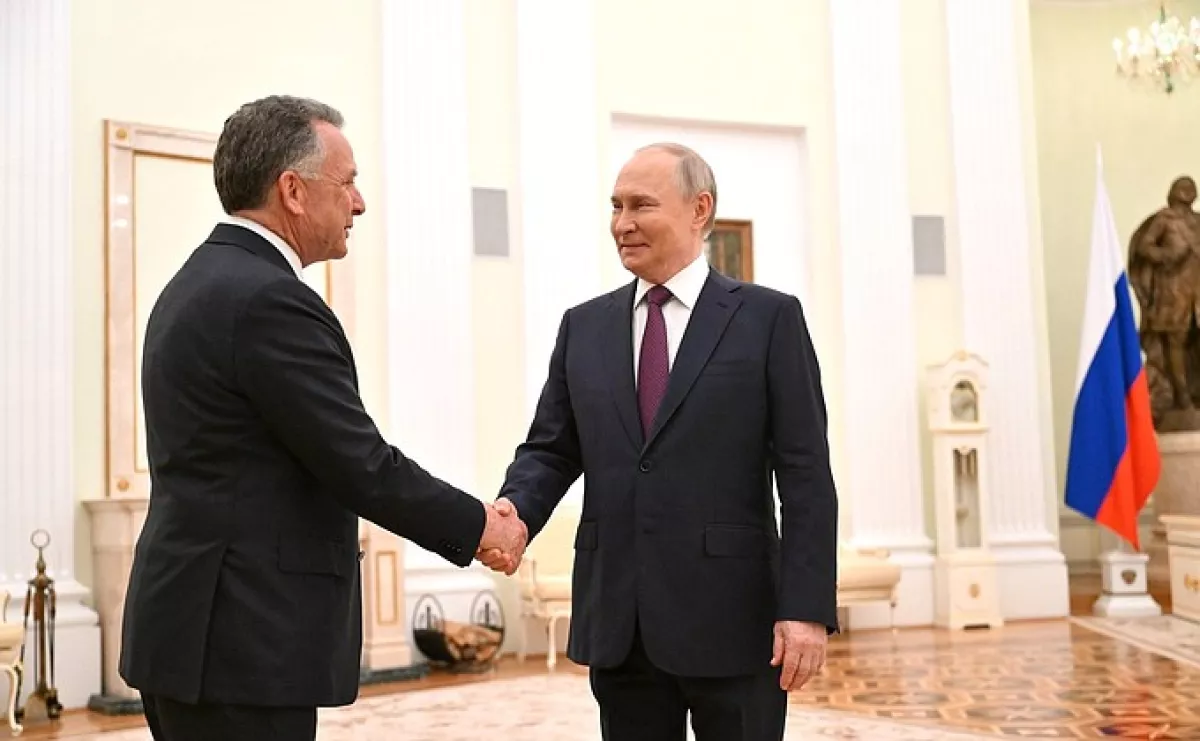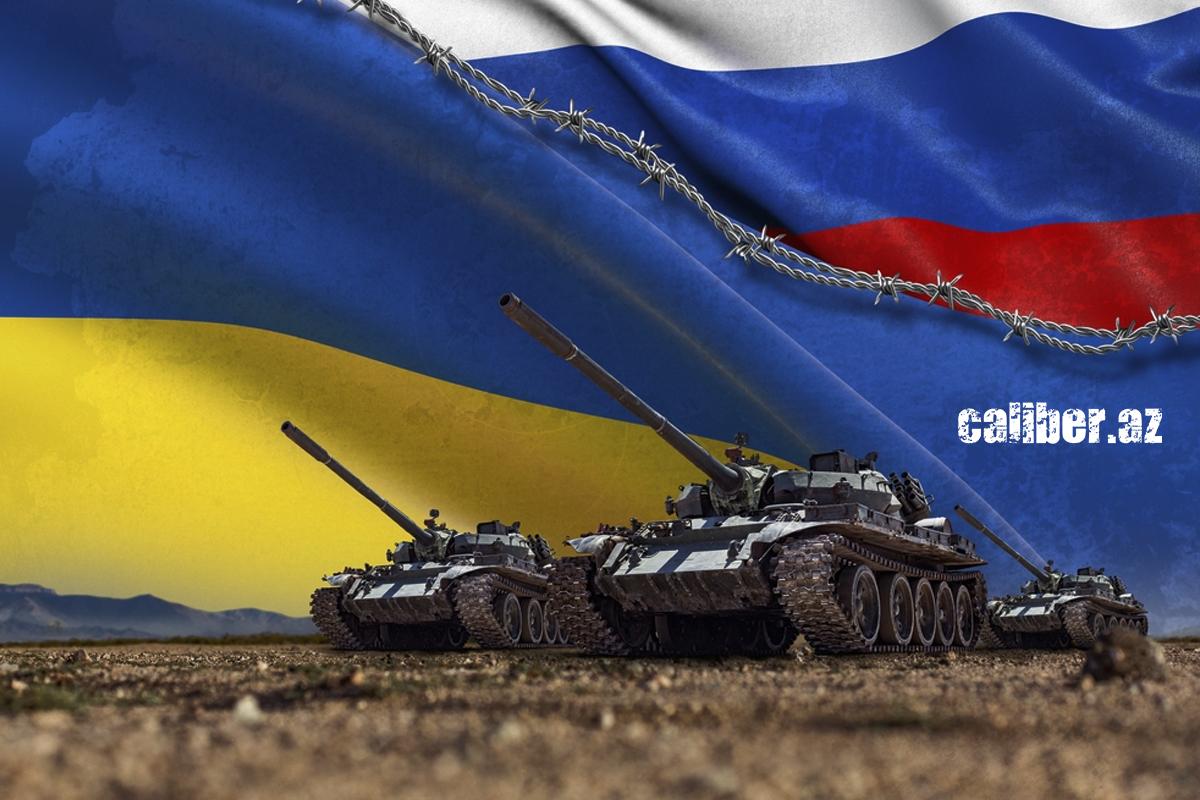A meeting, a stroll, and signals Following Witkoff’s Visit to Moscow
So, the visit of Steve Witkoff, Special Envoy of U.S. President Donald Trump, to Moscow has taken place. It’s worth noting that the visit occurred just two days before the deadline Trump had given his Russian counterpart, Vladimir Putin, to end the war in Ukraine.
Witkoff’s meeting with Putin lasted about three hours. No public statements were made by either the Russian president or Trump’s envoy following the talks. Only Yuri Ushakov, an aide to the Russian president, commented that Putin had conveyed “certain signals to the U.S. regarding the Ukraine issue.” According to Ushakov, similar signals were received from the White House. He also noted that the Kremlin would refrain from making further comments until Witkoff briefs the U.S. president on the outcome of the negotiations.
Meanwhile, TASS published footage showing Trump’s special envoy strolling through Moscow’s Zaryadye Park (a park in the heart of the capital built on the site of the former Rossiya Hotel) alongside Kirill Dmitriev, head of the Russian Direct Investment Fund and special representative of the Russian president. This promenade was clearly intended to demonstrate that disagreements over Ukraine are not an obstacle to U.S.-Russia bilateral dialogue.
There also appear to be some developments on the Ukrainian front — something that a number of recent events seem to subtly hint at. First, barely had the Kremlin floor cooled from the heels of the American envoy when President Trump hastened to call the Moscow meeting “highly productive.” According to him, “great progress” was made. What that progress entails, the U.S. president did not specify.
“Afterwards, I updated some of our European Allies. Everyone agrees this War must come to a close, and we will work towards that in the days and weeks to come. Thank you for your attention to this matter!” Trump wrote on his social media platform.

Shortly before Trump’s post, he held a phone call with Ukrainian President Volodymyr Zelenskyy. The latter also expressed optimism in a message on his Telegram channel:
“Today is a day of numerous calls and contacts aimed at making real progress on the path to peace and ensuring Ukraine’s independence under any circumstances. Several conversations are planned for today,” he wrote.
For the first time, Zelenskyy has shown such enthusiasm in response to Witkoff’s visit to the Russian capital.
At the same time, from the other side of the world, another intriguing statement was made in parallel with Witkoff’s Moscow visit. Chinese Foreign Minister Wang Yi, during a phone conversation with Celso Amorim, Chief Special Adviser to the President of Brazil, said the following: “ The commencement of Russia-Ukraine negotiations marks an important step forward. The crisis resolution process is now entering a critical stage.”
It is rather surprising that Beijing is greeting U.S. diplomatic efforts with such enthusiasm. This raises the question: what is happening behind the scenes that the broader public does not yet know — and what makes key Chinese officials say that now is the critical moment for resolving the crisis?
Beijing also reminded the world of its own peace plan, proposed more than two years ago, which includes a ceasefire along the front line and Ukraine’s rejection of NATO membership.

Does this mean that Moscow is ready to agree to a ceasefire along the line of contact without signing a document that eliminates “all causes of the war” — something it had insisted on for a long time? That’s hard to believe, as it would be difficult for Putin to “sell” such a peace deal to the Russian public.
The situation was further muddled by U.S. Secretary of State Marco Rubio. Following a phone conversation with Whitkoff, he stated that the U.S. administration would review the outcome of the envoy’s visit and might issue a statement — adding, “Maybe positive, maybe not. We’ll see.”
So what will determine the nature of the State Department’s statement? Does Washington need more time to decode Moscow’s cryptic signals? Or perhaps the Kremlin is expected to demonstrate something tangible on the ground in the coming hours to validate the signals it has conveyed?
Whatever the case may be, it seems likely that we are about to witness some very significant developments.








